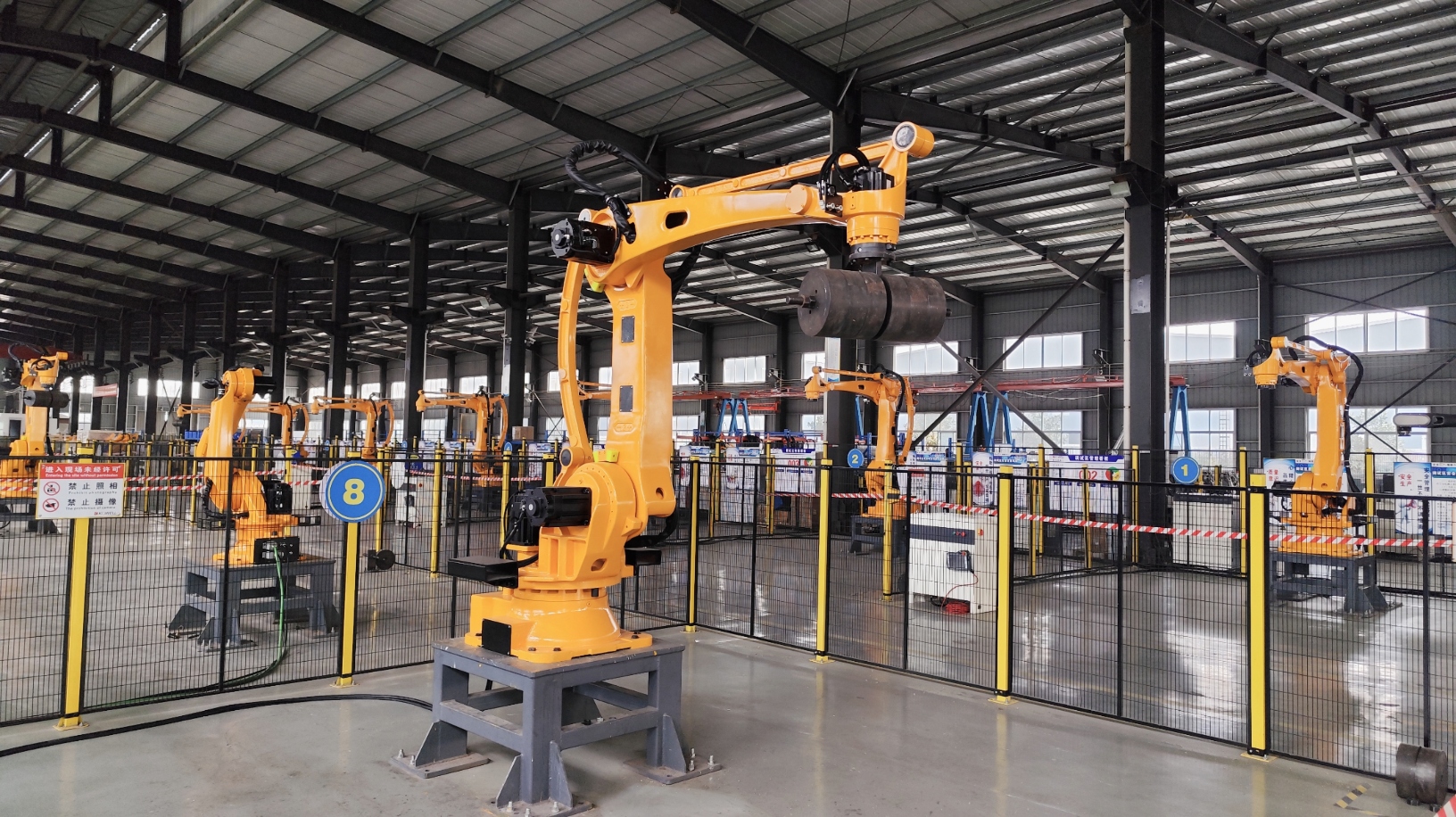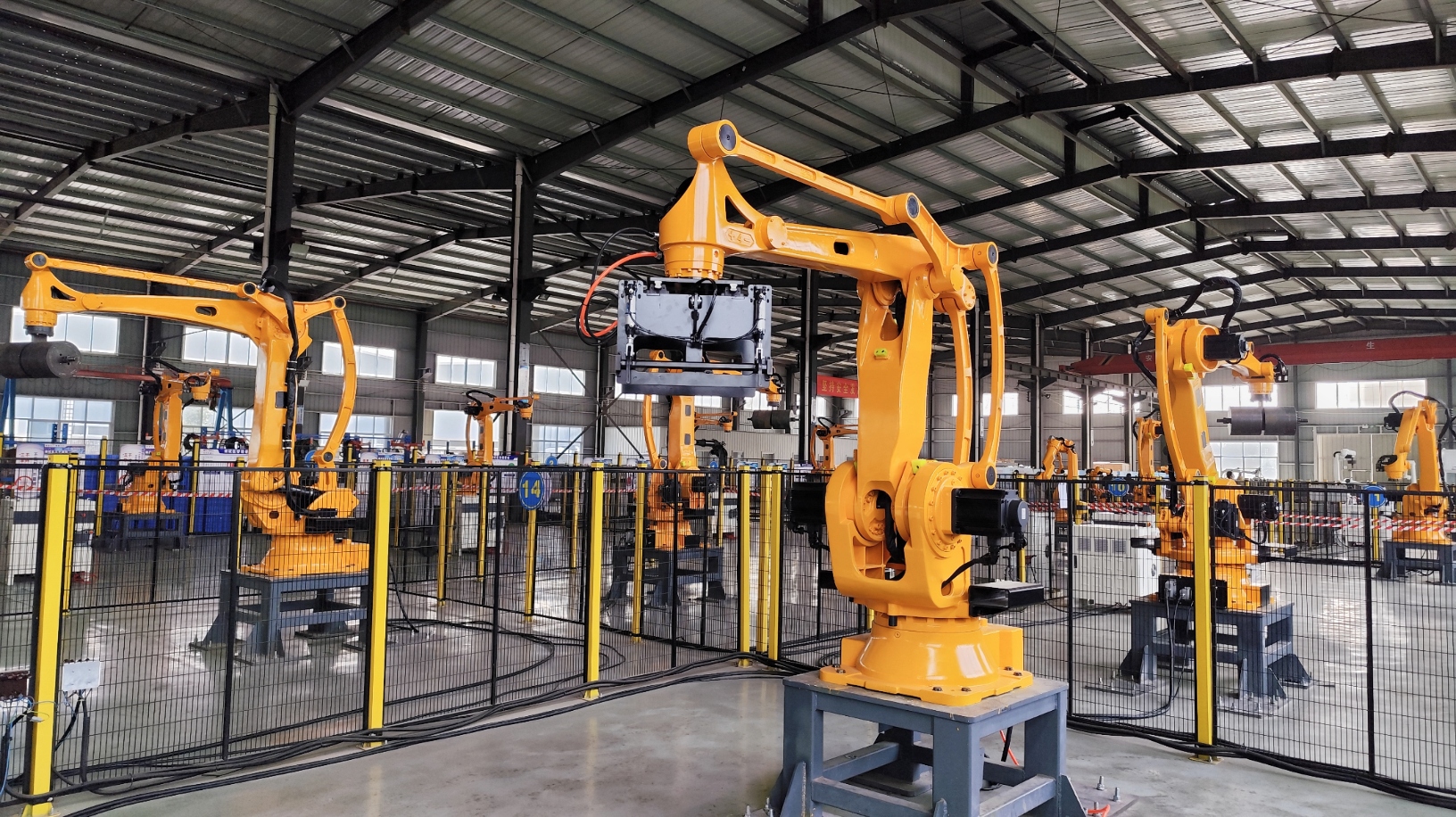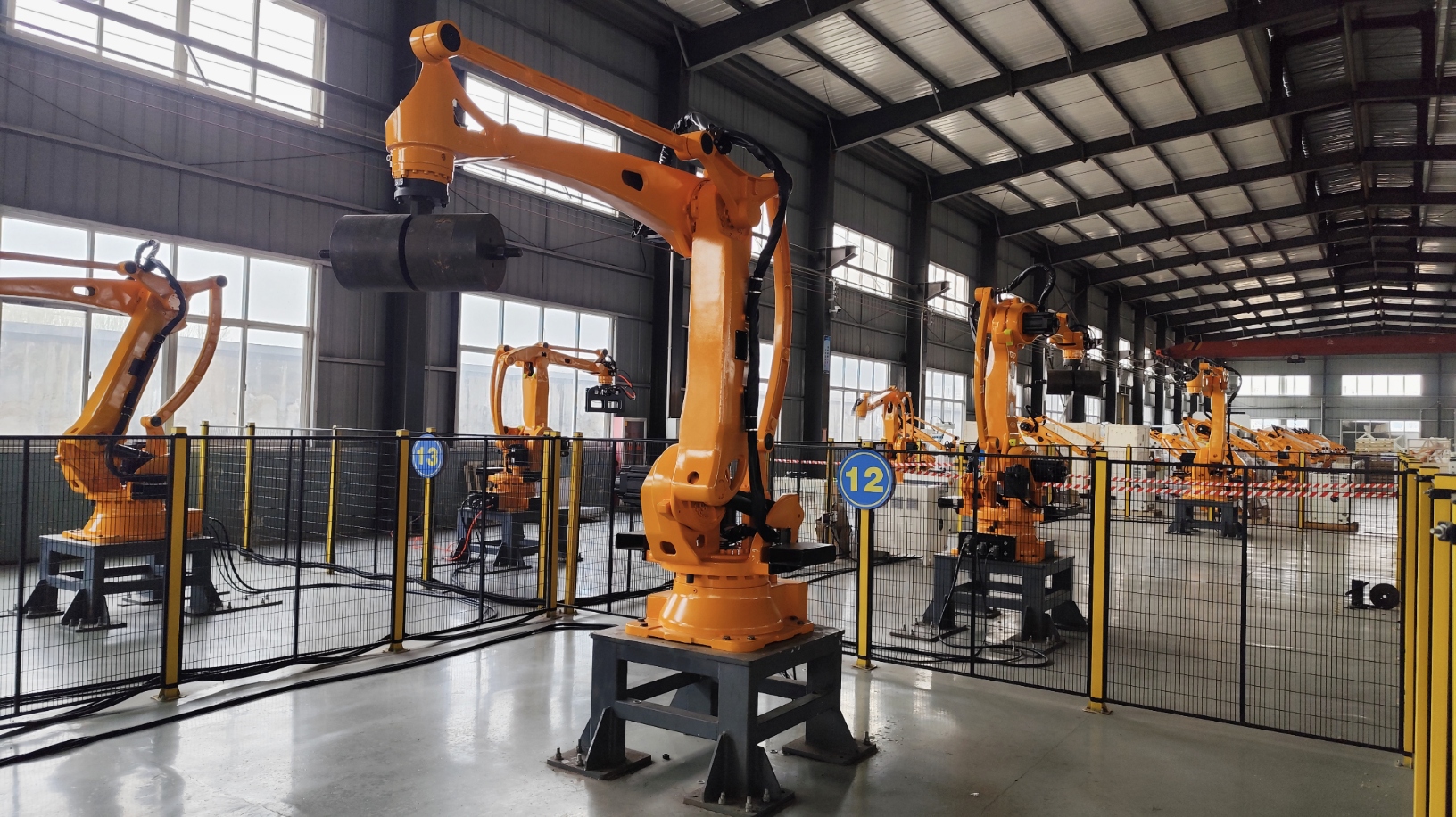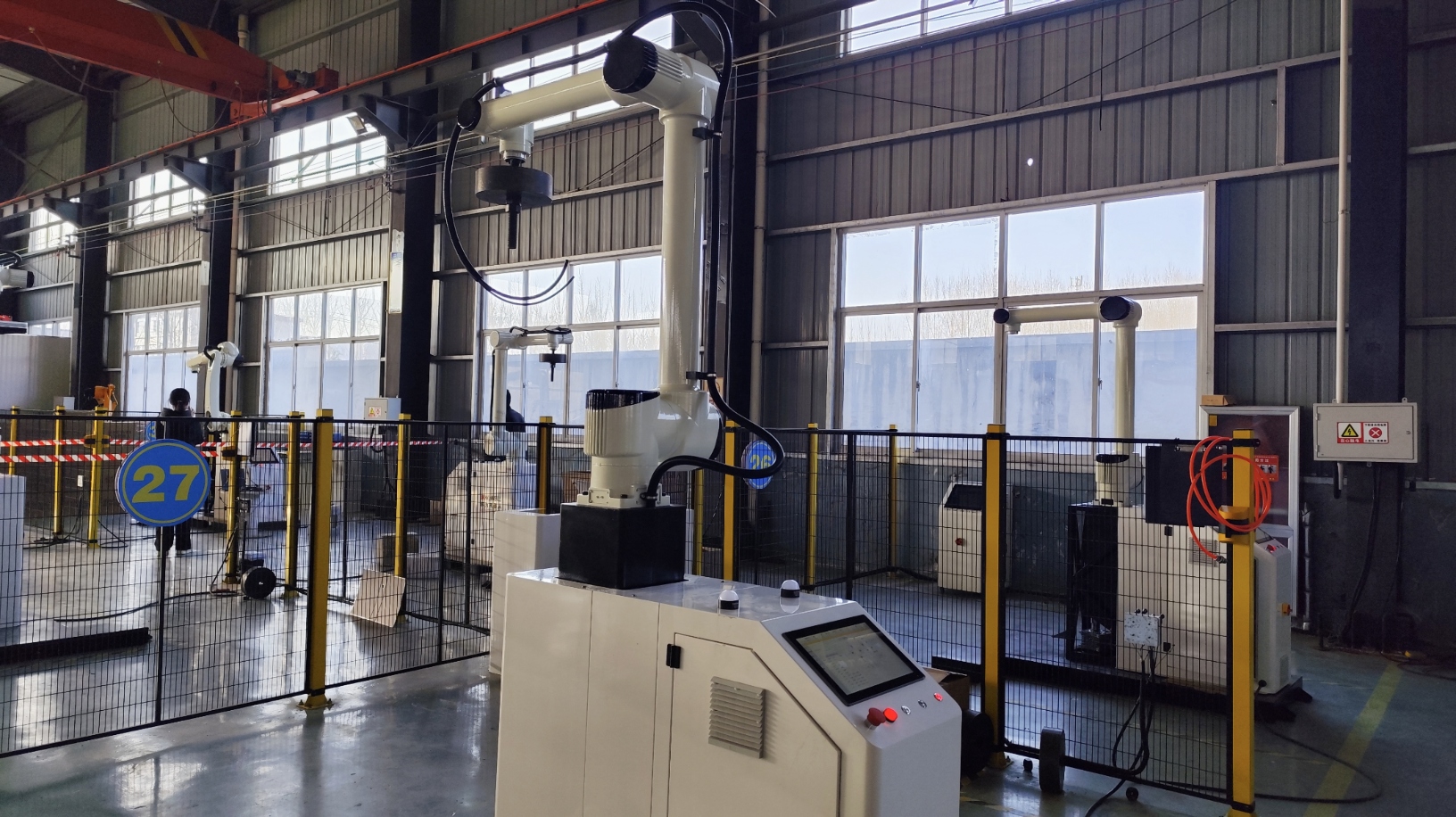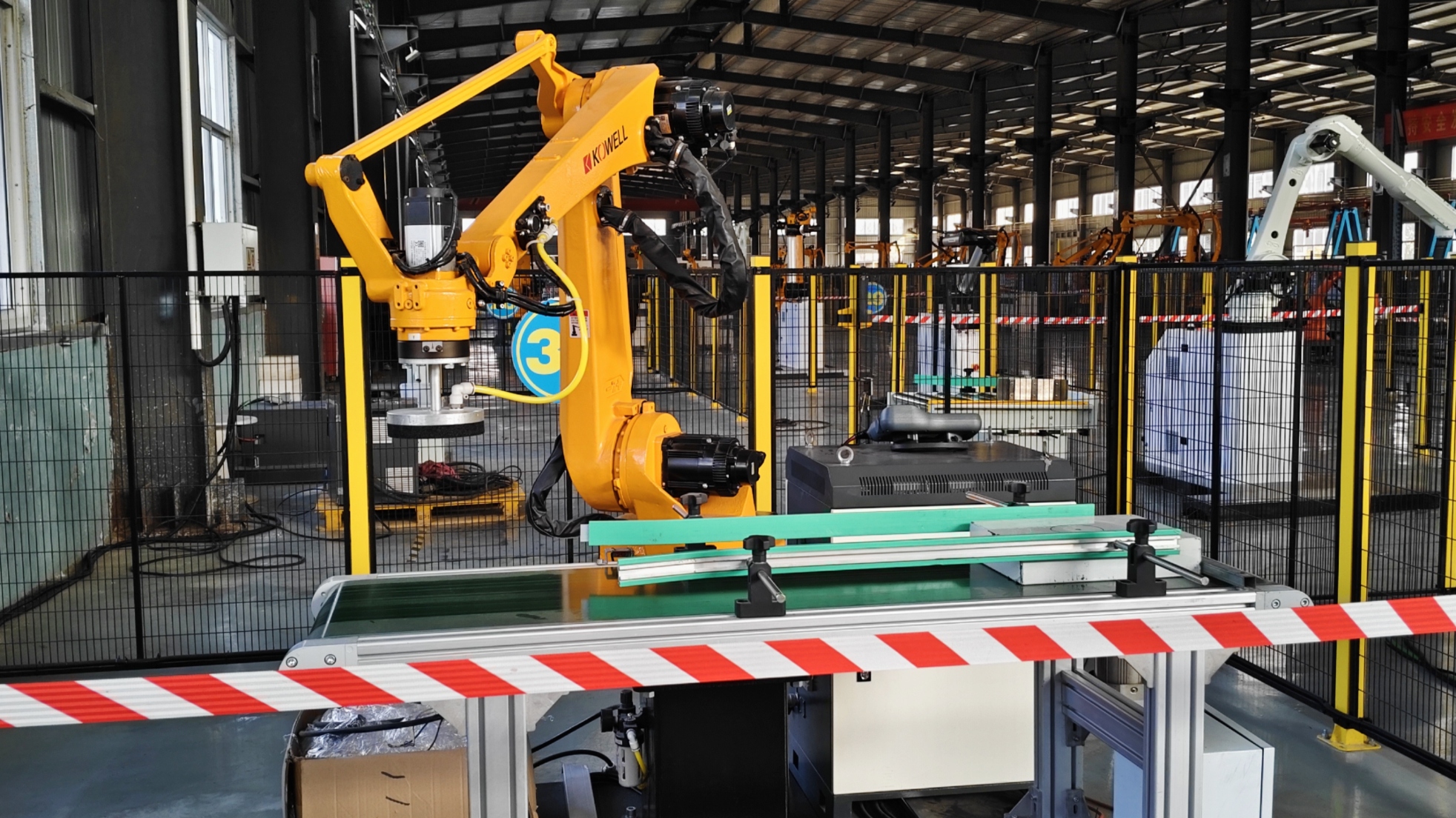In modern manufacturing, how to achieve flexible scheduling while maintaining efficient production has always been a difficult problem to be solved. As the personalized trend of market demand becomes more and more obvious, traditional fixed production equipment has become more rigid and limited. The emergence of "flexible manipulators" is like a snake moving through the complex manufacturing process, giving the production line new vitality and adaptability with its flexible posture. Flexible manipulators are opening the door to a more efficient and flexible future for the manufacturing industry through precise and efficient intelligent operations.
Advantages of flexible manipulators: a combination of flexibility and precision
The characteristics of manipulators are their ability to combine flexibility with high precision. In traditional manufacturing processes, each device can only perform fixed functions and it is difficult to quickly respond to the production needs of different products. Manipulators are multifunctional and can perform different tasks such as assembly, handling, welding, and testing by quickly changing tool ends or reprogramming. This flexible adaptability greatly reduces the equipment replacement cost of the production line and improves the flexibility of the manufacturing process.
Compared to traditional manipulators, manipulators are more "smart" when performing complex tasks. They are usually equipped with advanced sensors and control algorithms, which can sense changes in the external environment in real time and make precise adjustments.
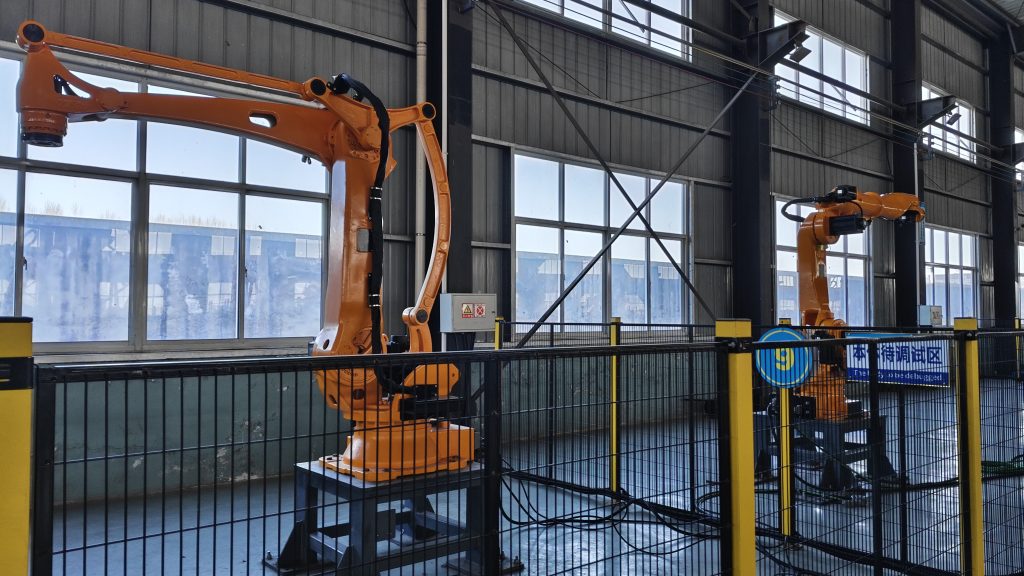
Multi-scenario application: from flexible manufacturing to intelligent collaboration
The flexibility of manipulators allows them to be at ease in different manufacturing scenarios. From small-batch, highly customized production tasks to large-scale standardized production,manipulators can handle it.
In the field of automobile manufacturing, manipulators have become an indispensable production partner. They can complete multiple tasks such as body welding and parts assembly, which not only reduces the number of equipment, but also improves the space utilization and efficiency of the production line.
In the pharmaceutical and food industries, manipulators can complete precision operations in a high-clean environment, such as drug packaging and food classification, thereby improving product quality and production safety.
In the electronics manufacturing industry,manipulators have demonstrated outstanding capabilities in the assembly and testing of tiny parts, ensuring the stability of product performance.
In the logistics and warehousing links, manipulators can also work with intelligent warehousing systems to achieve automatic sorting, packaging and distribution, improving the efficiency of the entire supply chain.
Diversified application scenarios are highlighting the potential of manipulators, allowing traditional manufacturing to gradually move towards an intelligent and flexible future.
How flexible manipulators promote the transformation of manufacturing industry
Flexible manipulators are not only an advanced production tool, but also an important driving force for the transformation of the manufacturing industry's mindset. Under the traditional manufacturing model, the production line is mainly based on fixed equipment, and efficient production is achieved through standardized processes. However, this rigid production method is stretched when facing market fluctuations and personalized needs.
The application of manipulators enables the manufacturing system to have the ability of "self-regulation". It can automatically adjust tasks according to changes in production needs and improve production efficiency through flexible scheduling.
Challenges and the future: from flexibility to intelligence
Although the advantages of manipulators are obvious, their promotion and popularization still face challenges.
Technical complexity is one of the main obstacles. Flexible manipulators involve multiple high-precision fields such as sensing technology, control algorithms, and material science, which require continuous investment in technology research and development.
Cost factors are also an important issue for small and medium-sized enterprises to consider. Compared with traditional mechanical equipment, the initial investment of manipulators is higher.
However, with the continuous development of technology and the advancement of large-scale production, these problems are gradually being alleviated. Flexible manipulators are moving towards a more intelligent direction. For example, by combining artificial intelligence and machine learning technology, future manipulators will have autonomous learning capabilities and can automatically optimize operating processes during production. In addition, the combination with 5G technology will further improve its data transmission and real-time response capabilities, enabling manipulators to better adapt to complex production environments.
Conclusion
Flexible manipulators, like snakes, are flexible and precise. With their outstanding performance, they provide a new solution for efficient production in the manufacturing industry. From improving production efficiency to promoting the transformation of intelligent manufacturing, they play an increasingly important role in various industries. In the face of the variability and complexity of the future market, the value of flexible manipulators will be more prominent, providing a continuous source of power for enterprises to achieve flexible intelligent manufacturing and green production.
For the manufacturing industry, flexible manipulators are not only a technological innovation, but also a new production thinking. With the continuous development of science and technology, it will lead the manufacturing industry towards a smarter, more efficient and more flexible future.

Online Consultation
Hello, the current customer service is offline. You can leave your contact information and the staff will respond to you as soon as possible!


